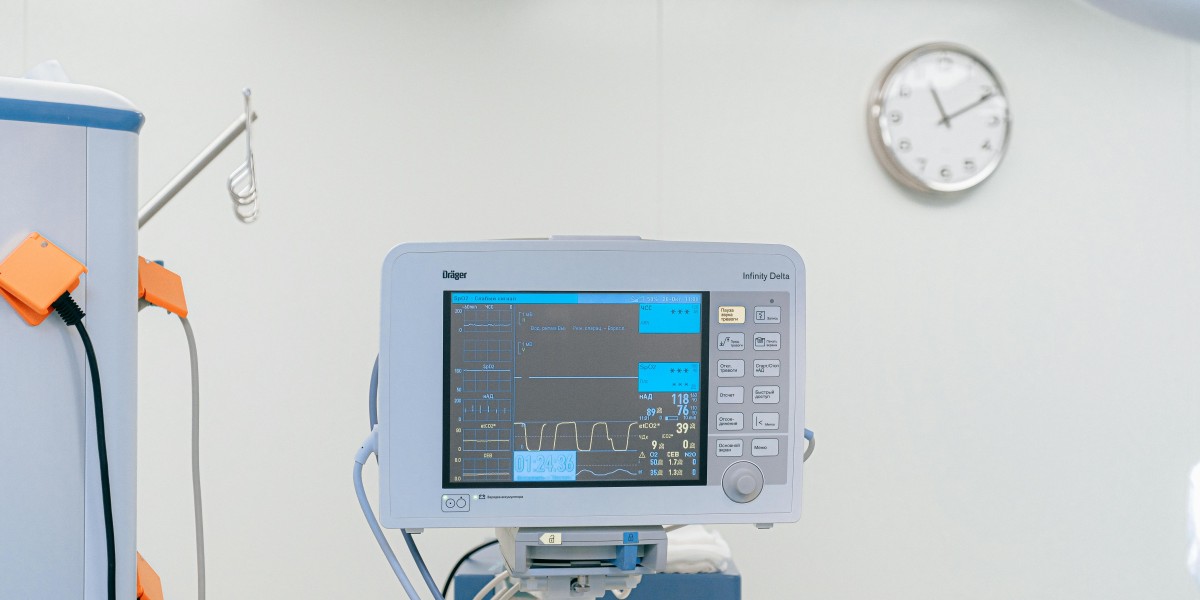In the dynamic landscape of healthcare, few industries have undergone as significant transformations as pharmaceuticals. The realm of pharmaceutical development and manufacturing stands at the forefront of innovation, driving the creation of life-saving medications and treatments that improve global health outcomes. Recent advancements in this field have not only accelerated the process of bringing new drugs to market but have also enhanced their efficacy, safety, and accessibility. In this blog post, we'll delve into some of the noteworthy developments shaping the pharmaceutical industry today.
Precision Medicine and Personalized Therapies
One of the most promising trends in pharmaceutical development is the rise of precision medicine. Unlike traditional approaches that offer generalized treatments, precision medicine tailors medical interventions to the individual characteristics of each patient. This approach takes into account genetic makeup, lifestyle factors, and environmental influences to deliver targeted therapies with higher efficacy and fewer side effects.
Technological breakthroughs, particularly in genomics and biotechnology, have facilitated the advancement of personalized medicine. The ability to sequence an individual's genome quickly and affordably has unlocked valuable insights into the genetic basis of diseases, enabling researchers to identify novel drug targets and develop treatments tailored to specific patient populations.
Biopharmaceuticals and Gene Therapies
Biopharmaceuticals, including monoclonal antibodies, therapeutic proteins, and vaccines, have emerged as vital components of modern medicine. Unlike traditional small-molecule drugs, biopharmaceuticals are derived from living organisms and offer unique therapeutic benefits. They are highly targeted, exhibit lower toxicity, and often provide more effective treatment options for complex diseases such as cancer, autoimmune disorders, and infectious diseases.
Furthermore, gene therapies represent a revolutionary approach to treating genetic disorders by correcting or replacing defective genes. Recent breakthroughs in gene editing technologies, such as CRISPR-Cas9, have paved the way for unprecedented precision and efficiency in modifying genetic material, opening new avenues for the treatment of previously incurable conditions.
Digital Transformation and Data Analytics
The pharmaceutical industry is undergoing a digital revolution driven by advancements in data analytics, artificial intelligence (AI), and machine learning. These technologies are being leveraged across the drug development lifecycle to streamline processes, enhance decision-making, and accelerate innovation.
By harnessing vast amounts of data from clinical trials, electronic health records, and real-world evidence, researchers can gain deeper insights into disease mechanisms, drug responses, and patient outcomes. This data-driven approach enables pharmaceutical companies to identify promising drug candidates more efficiently, optimize clinical trial designs, and predict potential safety issues earlier in the development process.
Supply Chain Resilience and Sustainability
Recent global events, such as the COVID-19 pandemic, have underscored the importance of building resilient and sustainable supply chains in the pharmaceutical industry. Disruptions in the supply of raw materials, active pharmaceutical ingredients (APIs), and finished products have highlighted vulnerabilities in the traditional supply chain model and spurred efforts to diversify sourcing, enhance manufacturing capabilities, and improve inventory management.
Moreover, there is growing recognition of the need to adopt environmentally sustainable practices across the pharmaceutical value chain. From reducing energy consumption and greenhouse gas emissions to minimizing waste and pollution, pharmaceutical companies are increasingly embracing sustainability as a core business imperative. This entails investing in green technologies, optimizing manufacturing processes, and collaborating with suppliers to achieve greater sustainability and minimize environmental impact.
Conclusion
The pharmaceutical industry is in the midst of a transformative period characterized by unprecedented innovation, technological advancement, and global collaboration. From precision medicine and biopharmaceuticals to digital transformation and sustainability, recent developments are reshaping the future of healthcare and paving the way for more personalized, effective, and sustainable treatments.
As the industry continues to evolve, pharmaceutical companies must remain agile, adaptable, and committed to driving positive change in the pursuit of better health outcomes for all. By leveraging cutting-edge technologies, fostering innovation, and embracing sustainable practices, the pharmaceutical sector has the potential to address some of the most pressing health challenges facing society today and improve the lives of millions around the world.













